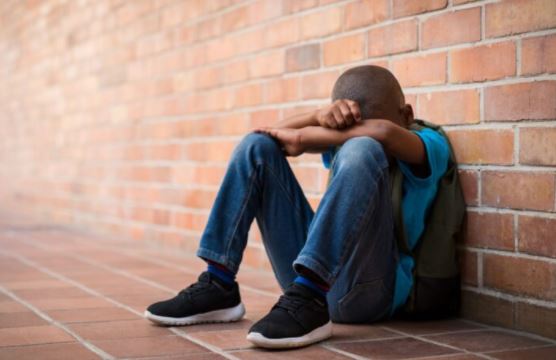Lifestyle
6 telltale signs your child is being bullied at school

If your child was being bullied or harassed at school they’d tell you right? Maybe not. Some kids feel too ashamed to talk about what’s happening to them.
They may also feel that telling someone could escalate the bullying, or they might be afraid they’d disappoint you by being a “victim”.
That’s why it’s important for parents to identify the signs your child is being bullied. Learn to spot the clues, which aren’t always obvious, and know what to do if you see them.
Here’s a list of them below:
1. Troubled sleep
If a child is nervous about what might happen the next day at school or elsewhere, he or she could experience difficult falling asleep, or anxious tossing and turning. A child who seems more tired at breakfast or just more worn out than usual, could be showing signs they’re having trouble sleeping at night.
2. Reluctant to go to school
Because school is a hot spot for bullying, a child’s reluctance to wake up and head out in the morning could signal that something is amiss. Mondays are the most common day for wanting to avoid school. With younger children, watch for recurring excuses to stay home, such as aches and pains.
3. Sudden and significant drop in school performance
No student can excel in their studies when they experience bullying at school. If as a parent you notice that your child’s performance has dropped dramatically, this could be an indication that something is wrong. You can notice this if you are a parent that is always involved when it comes to their child’s school work.
4. Request for money or other items
Consider it a sign when your child starts asking for money or certain items during school days. Chances are that he or she is being bullied. To show their power, bullies always want to take things that do not belong to them by force. If your child suddenly takes stuff to school, the person doing the bullying might be demanding money or things like lunch box treats from your child.
5. Unexplained loss of possessions
If your child keeps on losing stuff, there could be more of it. Bullies will often take things from other children by force or coerce them into giving them money or other possessions. As a parent or guardian make sure you keep a close on your child’s toys and gadgets.
6. Keeping to themselves
If a child is not as talkative as they normally are, or if they go straight to their room after school, those could be things to look out for. Acting out against siblings could also be a sign of prolonged bullying. Isolation or loneliness are common feelings from people suffering from peer abuse.










